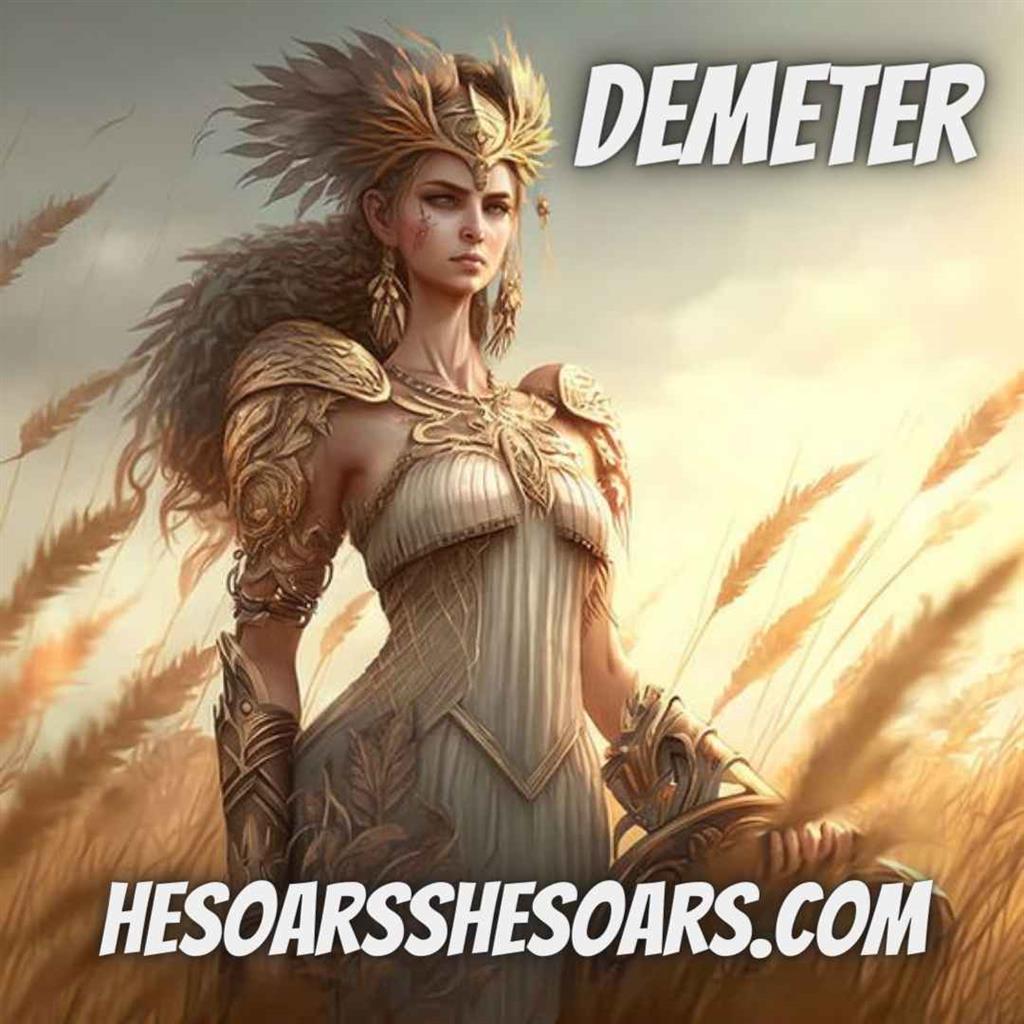Introduction
In the vast tapestry of Greek mythology, Demeter stands as a symbol of fertility, agriculture, and the cycles of life. As one of the twelve Olympian deities, she played a crucial role in the Greek pantheon, and her myths continue to inspire awe and reverence even today. This article explores the intriguing aspects of Demeter, her origins, her role in Greek mythology, and the enduring lessons her stories impart.
Demeter Origins
Demeter was born to the titan deities Cronus and Rhea, making her one of the Olympian gods. Her siblings included well-known figures like Zeus, Hera, Hades, and Poseidon. Born into a family of such power and significance, it was only natural that Demeter would herself hold a prominent place in the Greek pantheon.
The Role of Demeter
Demeter’s significance in Greek mythology stems from her dominion over agriculture and fertility. She was revered as the goddess of the harvest, grains, and the nurturing Earth. The ancient Greeks recognized the pivotal importance of agriculture in their lives, and Demeter was the divine embodiment of the agricultural cycle. She was responsible for the growth of crops, ensuring that the earth yielded its bounty and sustained the people.
The Myth of Persephone
Hades, the god of the underworld, fell in love with Persephone and, with the aid of Zeus, kidnapped her and took her to the underworld against her will. When Demeter discovered her daughter’s disappearance, she was overcome with grief.
In her mourning, Demeter caused the earth to wither and become barren. Crops failed, and famine threatened the mortal world. This myth highlights the direct correlation between Demeter’s emotions and the state of agriculture. The world above ground suffered as a reflection of Demeter’s grief.
Zeus intervened and brokered a deal with Hades, stipulating that Persephone would spend part of the year with her mother and the other part in the underworld. When Persephone was with Demeter, the earth flourished, and crops thrived—spring and summer were born. However, when Persephone returned to the underworld, her mother’s grief brought forth autumn and winter, the seasons of barrenness.
This myth beautifully encapsulates the cycle of life, death, and rebirth. It explains the changing of the seasons and the annual renewal of the earth’s fertility.
Demeter’s Quest for Persephone
During the time when Persephone was in the underworld, Demeter embarked on a quest to find her daughter. Disguised as an old woman, she wandered the mortal world and eventually arrived at the palace of King Celeus in Eleusis. The king’s daughters welcomed Demeter and asked her to care for their younger brother, Demophon.
Demeter, touched by their kindness, decided to grant immortality to the young prince. However, her plan to make him immortal was thwarted when his mother, Metanira, discovered Demeter’s actions and interrupted the ritual. Instead, Demeter taught the people of Eleusis the secrets of agriculture and initiated the Eleusinian Mysteries, a sacred and secretive religious tradition.
The Eleusinian Mysteries
The Eleusinian Mysteries were among the most revered and mysterious religious ceremonies in ancient Greece. These initiations and rituals were conducted in honor of Demeter and Persephone and offered hope for a better afterlife. The exact details of these ceremonies were closely guarded secrets, and those who were initiated were sworn to secrecy.
Participants believed that by undergoing these rituals, they would gain insight into the afterlife and ensure a more favorable outcome in death.
Demeter Legacy
But Demeter’s influence extended beyond mythology and religion. She was a symbol of the interconnectedness between humanity and nature. The Greeks recognized that their survival depended on the fertility of the earth and the successful cultivation of crops. Demeter’s stories and the Eleusinian Mysteries reinforced the importance of respecting the natural world and understanding its rhythms.
In art and literature, Demeter’s image frequently appeared, often holding a sheaf of wheat or standing amidst a field of grain. Her symbols, such as the torch, the poppy, and the serpent, were woven into her mythology and iconography.
Conclusion
Demeter, the goddess of agriculture and fertility, played a vital role in Greek mythology and the lives of ancient Greeks. Her story of the abduction of Persephone and the resulting seasons of the year underscores the profound connection between human existence and the natural world. The Eleusinian Mysteries, held in her honor, provided a glimpse into the mysteries of life, death, and rebirth.
Today, Demeter’s legacy endures as a reminder of the importance of respecting and nurturing the earth. Her myths and symbols continue to inspire discussions about the environment, agriculture, and the cycles of life, making her a timeless and enduring figure in both mythology and the modern world.

